Studying and the education system in Côte d'Ivoire: international schools, student visa
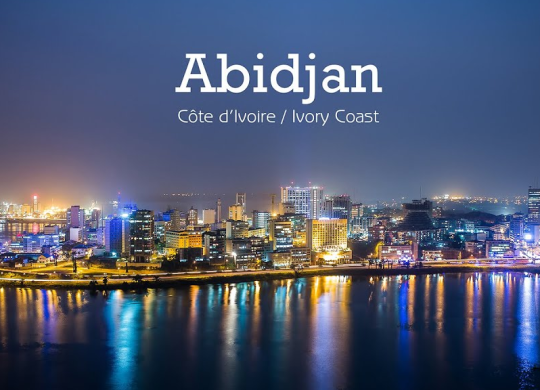
Despite the close attention of international funds (incl. UNICEF) and a significant injection of funds into the system of education, the population of Côte d'Ivoire is still significantly illiterate. Only half of the country's inhabitants can read and write, while many children under 10 years of age do not attend school at all. Yet there are 26 tertiary educational institutions in the territory of the state.
Features of education in Côte d'Ivoire
Education in Côte d'Ivoire is exclusively available to those who can afford it. Although all public schools and universities for locals are paid-free, families need to pay for textbooks, study materials, and uniforms. With a third of the country's natives living below the poverty line, these costs often are unsustainable. Also, parents are rarely ready to let their children go to school: household and agriculture work often involve the use of children’s labor.
Educational gaps are also provided by the political agenda: between 2002 and 2011, Côte d'Ivoire survived two civil wars.
Education system
The educational system of the Ivory Coast is divided into several levels and is built according to the French scheme:
•Primary school for children from 6 to 10 years old with a 6-year educational plan;
•The secondary school which gives seven years of study, after which the student receives a certificate or a bachelor's degree (it is equivalent to taking 1-2 courses at a classical university);
•Higher, technical or pedagogical education.
Most of the training programs are conducted in French. In terms of the level of education (with a full cycle of education), they can be equated to a standard comprehensive school of the Bologna system.
Fact: after receiving a certificate of primary education, only 20% of students continue their studies.
International Schools
Free education in public schools and universities is only available to those born in Côte d'Ivoire. The rest are required to attend private schools — French, American, or Lebanese. The cost of education in such schools is quite high and is approximately USD 7,000 per year. But their programs and level of education significantly increase the chances of successful admission to universities, including foreign ones.
Fact: Due to the armed conflict between France and the Ivory Coast in 2004, many old schools were closed, but the number of new institutions is increasing each year.
Depending on the institution, the curriculum of international schools in Côte d'Ivoire follows the US, British or French models. Training is conducted in English or French. These schools provide a high standard of education, and international accreditation and are made for foreign students specifically. The number of places is strictly limited, and the selection is based on nationality.
Along with the foreign schools, tutoring centers are operating on a charitable basis. As a rule, they are opened by Europeans and Americans who come to Africa to teach languages.
Tertiary education
There are 26 universities and university centers in Côte d'Ivoire. Most of them are concentrated in Abidjan, the economic capital of the state. According to statistics for 2018, about 48,000 students studied at the local universities, and 2,500 of these students were foreign citizens.
The Ministry of Higher Education and Scientific Research officially recognizes three major universities: the University of Bangui Abrogua, the University of Alassane Ouattara, and the University of Felix Houphouet-Boigny. They provide education in the following areas:
•accounting;
•ecology and natural sciences;
•humanities and philosophy;
•food and food industry;
•business and administration;
Tuition fees here range from $500-1000 USD per year. Getting an education in these universities may be interesting for those planning to study the culture and ethnic groups of African countries. Additionally, during the course, you can learn several local languages.
Visa
A student visa in Cote d'Ivoire allows a temporary right to migrate to the state, to study, and to work (the last option is quite restricted). Obtaining this document requires:
•filled application form for the Ivory Coast student visa;
•a letter of acceptance;
•evidence of sufficient funds for supporting themselves within the whole period of stay in the country;
•receipt which proves the complete payment of the course fee;
•medical insurance;
•prove of intention to return to their own country at the end of their period of study;
It is possible to apply for the visa online, via the consulate, or with the help of our agents. The last option provides a carefree application for the document.
Recommended articles
5 min
Education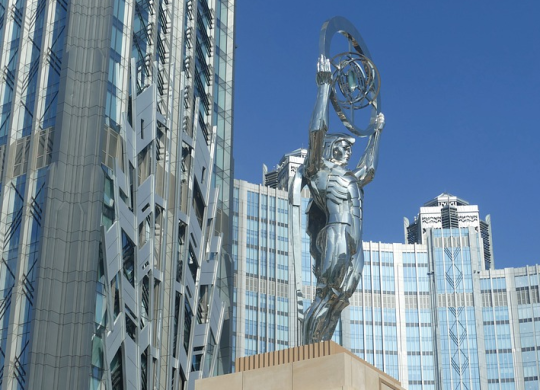
6 min
Education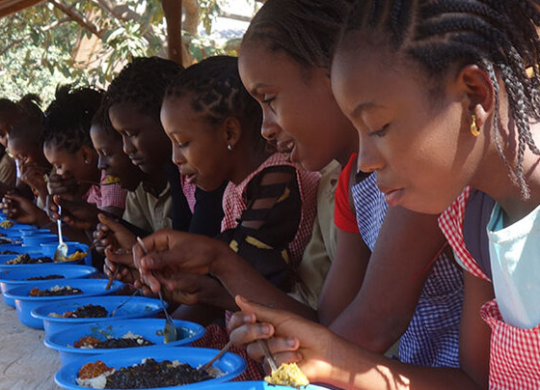
5 min
Education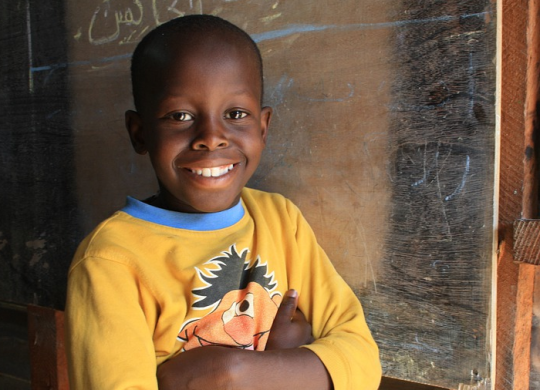
4 min
Treatment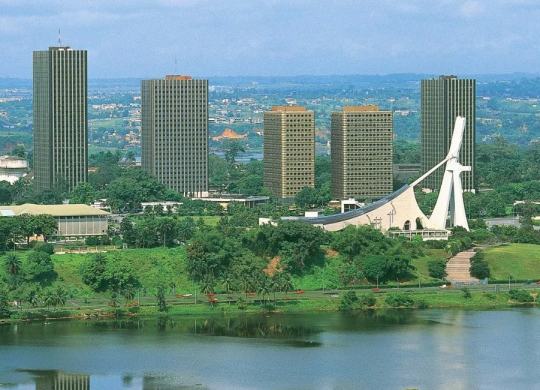
All materials and articles are owned by VisitWorld.Today and are protected by international intellectual property regulations. When using materials, approval from VisitWorld.Today is required.
